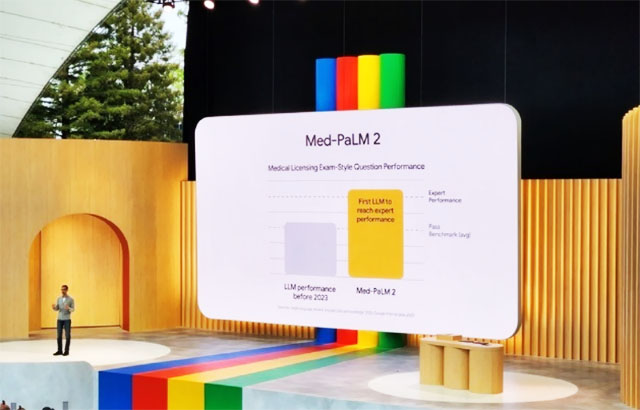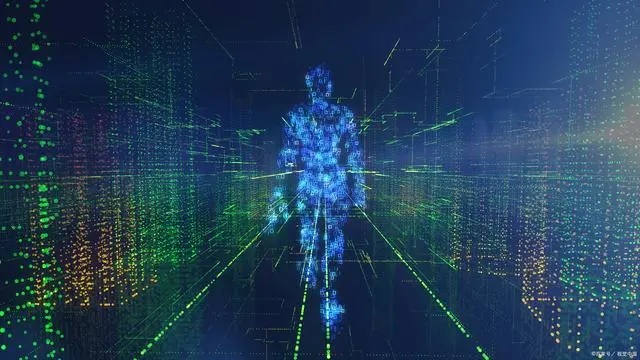Last week, Google formally launched PaLM2, a Big Language Model benchmarked against GPT-4, which is described as the most advanced Big Language Model available and already partially outperforms GPT-4. Since the release of PaLM2, Google has been ramping up its efforts to rapidly integrate it into its core products, and now that effort is entering the advertising space.
According to internal documents, the company has approved plans to use generative artificial intelligence to automate advertising and related consumer services, powered by the Large Language Model (LLM).
The document also reveals that certain teams within Google are now planning to use tools powered by PaLM 2 to enable advertisers to generate their own media assets and provide YouTube creators with suggestions for making videos. In addition, Google has been testing PaLM 2 for YouTube's teen content, such as titles and descriptions.

In addition, for creators, PaLM 2 is able to provide five video ideas based on relevant topics.
With the AI chatbot craze quickly sweeping across the tech industry and attracting the attention of Wall Street, Google and its peers, including Microsoft, Meta and Amazon, are rushing to embed their most sophisticated models into as many products as possible. Google has felt unprecedented pressure since the Microsoft-backed ChatGPT was first released late last year.
Meanwhile, after nearly 20 years of sustained rapid expansion, Google has been mired in several consecutive quarters of sluggish revenue growth. Since last year, advertisers have been cutting online marketing budgets due to growing recession fears, wreaking havoc on Google, Facebook and other companies. Google, for example, has seen a decline in paid search ad conversion rates across most industries this year.
Google's plan to push its latest artificial intelligence model into the advertising space comes as no surprise. Last week, Facebook parent company Meta launched AI Sandbox, a testing platform that helps advertisers build ads effectively and improve ad results.
Meta also added several new automated marketing features to Meta Advantage, which helps advertisers save time and money by helping optimize campaign effectiveness through AI and machine learning to show personalized ads to the right people at the right time.
Finally, the aforementioned documents also show that in addition to search, email and spreadsheets, Google is looking to leverage generative AI products to increase spending in order to improve revenue and profitability. The documents show that AI-driven customer support strategies could be applied to more than 100 Google products, including the Google Play Store, Gmail, Android Search and Maps.





Comments0